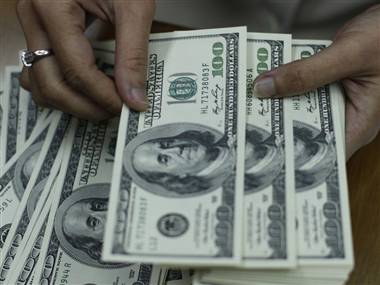
'I'd rather have crony capitalism, than no capitalism at all,' remarked a friend late last week. It was one of those off-the-cuff remarks that people make and move on to talk about other things.
'Crony capitalism' is a term which refers to a situation where business success in a capitalist or a market-based economy depends on the kind of relationship businessmen share with the government, and does not depend on merit alone.
My friend made these remarks in the context of the 2G spectrum scam, where telecom licenses were handed over at throwaway prices, to eight new operators some of them having no experience the in telecom arena. But this move ultimately benefited consumers.
. . .

The newer companies that were granted licenses slashed rates, with some even offering rates as low as half-a-paisa per second. These low rates also forced the bigger existing incumbents to come up with much better deals for their existing customers.
Or take the case of the erstwhile Reliance Infocomm (now Reliance Communications) being allowed an entry into the mobile telephony market in India.
The company offered call rates which were much cheaper than its competitors and this forced other companies to slash mobile phone tariffs further, thus benefiting consumers.
. . .

Maruti Suzuki is another excellent example of a company which owes its genesis to 'crony capitalism'. As Rasheed Kidwai writes in 24 Akbar Road -- A Short History of the People Behind the Fall and the Rise of the Congress, 'Sanjay (Gandhi) was one of the several applicants to seek a license to manufacture a small and cheap car in India. In 1970, he was the lone applicant to be granted the license. Indira (Gandhi) was charged with nepotism... The Haryana government, under Bansi Lal, handed over 300 acres of land for Sanjay's Maruti factory; some 15,000 farmers were evicted to free the land.'
Sanjay Gandhi had come back to India after training at the Rolls-Royce factory in the United Kingdom, though he did not complete the course. He had set up an automobile repair shop at Punjabi Bagh in New Delhi.
Maruti became the pet project of Indira Gandhi, after the death of Sanjay in an air crash in 1980. This ensured that Indian citizens got the Maruti 800, a sleeker and cheaper car, in comparison to the Ambassador and the Premier Padmini, the market leaders back then.
. . .

In fact, with no competition, very few changes were made to the Ambassador car (which was based on the British Morris Oxford) from when it was launched in 1957 and until Maruti 800 made its debut.
The moral of the story is so what if it's crony, it is still capitalism, and it still works. But, well, it is not as simple as that.
In the 2G scam, the losses to the government have been estimated to be at Rs 1.76 lakh crore (Rs 1.76 trillion) by the Comptroller and the Auditor General of India.
. . .
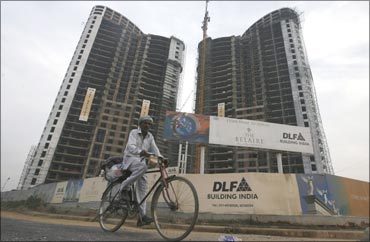
Basically licenses were issued by the Congress-led UPA alliance to companies, some of which had almost no experience in telecom, at prices that were set way back in 2001.
The current Telecom Minister Kapil Sibal would like us to believe that there was no loss to the government. If that is the case then why is the former telecom minister Andimuthu Raja in jail?
Real estate is one more sector where crony capitalism is rampant. A lot of real estate companies are simply fronts for politicians and their ill-gotten wealth.
. . .
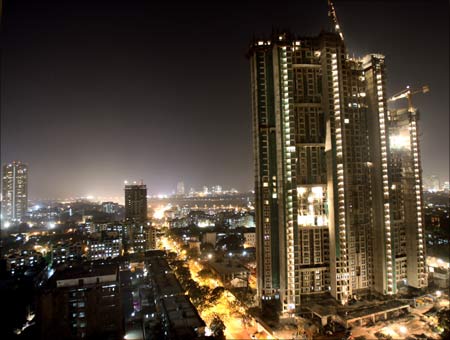
What this does is that even when the demand for housing and other forms of real estate has fallen, real estate companies don't cut prices.
Politicians ensure that these companies get new loans from either public sector or co-operative banks.
This in turn ensures that these new loans can be used to pay off the old loans and thus there is no need to cut prices to pay off the old loans.
. . .
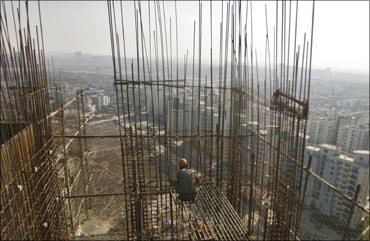
This builder-politician nexus has led to a situation where buying a home in most of the bigger cities is next to impossible.
This nexus is very much at work in the current controversy raging in Greater Noida where the government acquired the land from the farmers at a pittance only to hand it over to builders at a high price, who in turn have been charging buyers even higher prices.
Shankar Sharma, chief global strategist, First Global Stock Broking, said in an interview, 'Most emerging markets have businesses are born out of crony capitalism. A few promoters and entrepreneurs can fix the system, get large businesses and hence the power gets concentrated in very few hands. So whether it is a land deal, a land contract or a gas find, you and I -- even if we qualify -- we will never get it.'
. . .
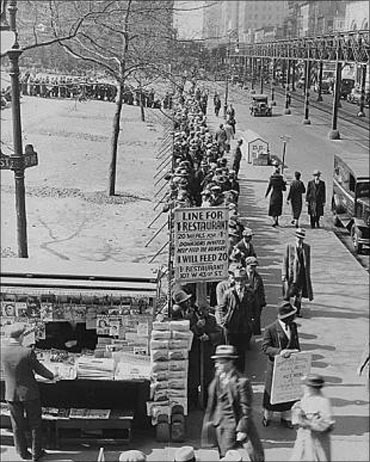
Even for a country like the United States, where capitalism has been around for over a century and has matured, crony capitalism still exists.
The Banking Act 1933 (popularly known as the Glass-Steagall Act) was introduced during the time of the Great Depression to ensure that banks did not indulge in speculation.
This act was done away with 66 years later in 1999. Doing away with this act allowed banks to punt across various markets. This ultimately led to the sub-prime crisis which morphed into the financial crisis, now being referred to as The Great Recession.
. . .
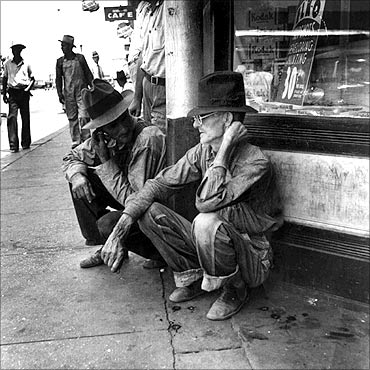
Not surprisingly, Wall Street was and continues to be the biggest political contributor in the US.
So crony capitalism might be better than no capitalism but it comes with costs attached. And this should serve as a warning.
As Raghuram Rajan, professor at the Booth School of Business, University of Chicago, and an honorary economic adviser to Prime Minister Manmohan Singh, said in an interview, 'Proximity to the government seems to be a big source of wealth. And that is worrisome because it means that those who can access the government and who can manage it are in a sense far more powerful than ordinary businessmen. In the long run this leads to decay in the image of businessmen and the whole free enterprise system.'
The author can be contacted at shonalee.biswas@gmail.com